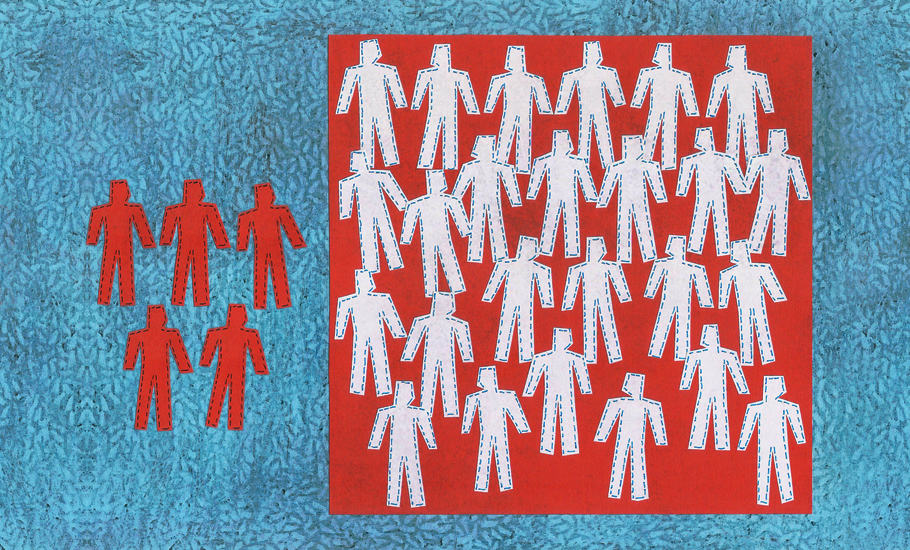
Activists urge Karnataka govt to frame laws against caste-based social boycott

Activists from Maharashtra are urging Karnataka’s new Congress government to enact a legislation that will curb caste-driven panchayats that ex-communicate villagers, at times driving the helpless victims to desperation and even suicide.
The activists say the government of Siddaramaiah can emulate some of the progressive laws of Maharashtra in this regard and also strictly implement the Karnataka Prevention and Eradication of Inhuman Evil Practices and the Black Magic Act (Anti-Superstition).
The legislation in Maharashtra followed a crusade by anti-superstition activists such as Narendra Dabholkar, a physician who turned to social work more than two decades ago and who was shot dead in 2013.
Also read: Karnataka: Siddaramaiah’s big move on caste survey
Avinash Patil, who now heads the Dabholkar-founded Maharashtra Andhashraddha Nirmulan Samiti, which fights superstition and blind faith while inculcating scientific temperament, has toured Karnataka along with rationalist Datta Desai. They met several personalities including civil society members and rationalists in Belagavi, Hubli-Dharwad, Gadag, Bengaluru and other places.
Maharashtra activists
Patil told The Federal: “We are trying to convince the Karnataka government to bring an Anti-Caste Panchayat and Excommunication (Social Boycott) bill in the assembly as several such cases are happening in the southern state.”
Patil said the discussions in Karnataka were very fruitful. “We are also thinking of including progressive Swamijis and others from various fields.”
Patil said conflicts arise when caste-based panchayats announce punitive measures against alleged offenders of social morality. This sharply comes into play during marriages between upper caste and lower caste persons.
At times families are asked to be boycotted socially in villages. One family in South Kanara district became so distraught that they sold off their property in the village and shifted to Mysuru for good to begin life anew as they could not cope with pressures from the society. There have also been occasional instances of “honour killing”.
Also read: Amid rising caste atrocities in Gujarat, Dalit man’s thumb severed over a cricket ball
Activists in Karnataka are backing the efforts of their Maharashtra counterparts.
Karnataka activists
RS Deshapande, Honorary Visiting Professor at the Institute for Social and Economic Change (ISEC) in Bengaluru, said a progressive legislation was needed in Karnataka to act against caste panchayats.
“There are many such incidents and only law will help in this regard. Powerful people are in any caste decide what they want. Only law can control them,” he said.
Purushottam Bilimale, a former chair of the Kannada Language at the Centre of Indian Languages in the Jawaharlal Nehru University in New Delhi, agreed.
Civil society activists Mahesh Chandra Guru said the social menace was most acute in northern Karnataka. “Many such issues ended with ‘honour killings’. The downtrodden classes are at the receiving end. I hope Siddaramaiah, who is aware of such problems, will bring this law.”
One reason the Maharashtra activists also spoke to their counterparts in Karnataka is the way the latter carried out a sustained campaign against even issues like communalism, contributing the rout of the BJP in the May assembly elections. The Karnataka activists wanted to uphold the legacy and culture of pluralism and coexistence in Karnataka.
Also read: Caste bias in IITs: Somnath Waghmare’s docu seeks dignity for Dalit lives
Datta Desai told The Federal that they welcomed the involvement in the electoral process in Karnataka of the civil society. With elections due to Maharashtra, its activists have also taken down notes on how the civil society can play a larger role in electoral democracy — for the overall betterment of the society.


